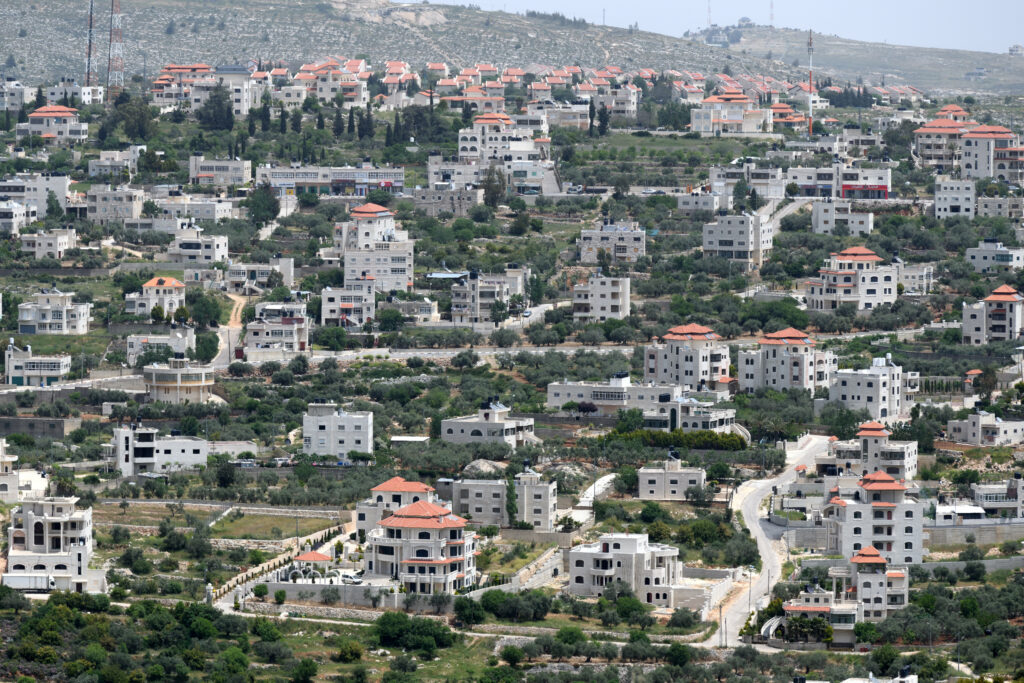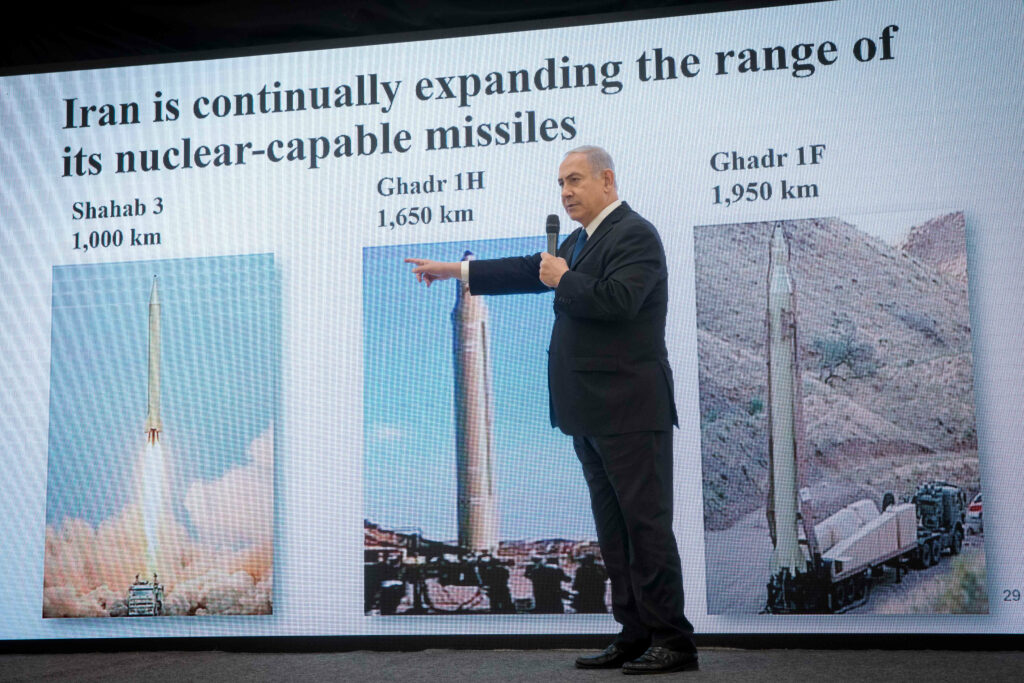
From Lebanon to Iran: Biden’s Ceasefire Plea, Palestinian Terror Villas, and Israel’s Next Move
Biden Open to Halting Israeli Operations in Lebanon, Urges Ceasefire
The U.S. president signaled his disagreement with Israel’s consideration of limited ground action against Hezbollah militants in Lebanon.
On September 30, 2024, President Joe Biden addressed the press following remarks about Hurricane Helene. When questioned about Israel’s planned actions in Lebanon, Biden stated he was well-informed and expressed that he was “comfortable” with the idea of ceasing such operations, calling for an immediate ceasefire. He refrained from further elaboration on the matter.

The U.S. State Department confirmed that Israel had briefed Washington about its intention to carry out “limited” ground operations in Lebanon, specifically targeting Hezbollah near the border. State Department spokesperson Matthew Miller emphasized that diplomatic solutions remained a priority for the Biden administration, despite ongoing military actions aimed at neutralizing Hezbollah.
When asked whether these planned actions involved ground operations, Miller acknowledged Israel’s communications but withheld further details. He reiterated the U.S. stance on supporting Israel’s defense against terrorism while advocating for diplomacy as the ultimate solution.
In recent weeks, Israel has launched intensified attacks on Hezbollah, culminating in the death of Hezbollah’s leader, Hassan Nasrallah, in an airstrike near Beirut. The Biden administration has supported this military strike, with Miller noting the importance of holding Nasrallah accountable.
PA Pushes Forward With Controversial Samaria Housing Project
The Palestinian Authority continues the construction of an exclusive residential area in Samaria, reserved for individuals with a history of terrorism-related convictions, despite mounting concerns.
A luxury neighborhood, comprised of 100 villas, is being constructed in the Samaria region between Ofra and Shilo. This development is intended for Palestinians who have served at least five years in Israeli prisons for terror-related offenses, according to a spokesperson from the Binyamin Regional Council.
Situated in Area B, the land where the development is being built falls under the civil control of the Palestinian Authority, while Israel retains security oversight. This division of control, established by the Oslo Accords, limits Israel’s ability to issue a demolition order for the project.
Naomi Kahn of Regavim, a watchdog group, raised alarms that international funds from the U.S. and European nations are indirectly financing the project. She criticized Western governments for unknowingly supporting terrorism through their financial contributions to the Palestinian Authority, urging them to reconsider these allocations.

Maurice Hirsch, an expert on Palestinian Authority policies, remarked that the PA has long rewarded terrorists through financial benefits and housing projects like the one in Samaria. He argued that the international community must recognize the PA’s prioritization of rewarding terrorism over other governance priorities.
Israel Ganz, head of the Binyamin Regional Council, warned that if the Israeli government does not equate the PA with Hamas, another significant terror event could be on the horizon. He called for a re-evaluation of Israel’s stance on the PA, urging stronger action against its leadership.
Poll: Israelis Favor Striking Iran’s Nuclear Sites, View U.S. as Obstructive
A new survey shows broad public support in Israel for immediate military action against Iran’s nuclear program, with many also expressing distrust toward the Biden administration’s stance on the conflict.
A recent poll conducted by JNS and Direct Polls revealed overwhelming backing among Israelis for Prime Minister Benjamin Netanyahu’s decision to carry out the assassination of Hezbollah leader Hassan Nasrallah without informing the Biden administration in advance. When asked about this move, 83% of respondents agreed it was the right decision, while only 9% disagreed.
For years, the threat of retaliation by Hezbollah has deterred Israel from striking Iran directly. However, following recent successes against Hezbollah, 62% of Israelis now believe their country should capitalize on its momentum and launch an attack on Iran’s nuclear infrastructure before the upcoming U.S. elections. In contrast, 26% think Israel should hold off on such an action, and 12% remain uncertain.

The poll also examined Israeli perceptions of U.S. presidential candidates, with 65% of respondents favoring Donald Trump as more sympathetic to Israel’s interests compared to Kamala Harris, who garnered only 13% support. Fifteen percent believe both candidates would offer equal support, while 7% think neither would be favorable to Israel.
Furthermore, the results indicated that 57% of Israelis believe that the U.S. has weakened Israel’s ability to secure itself in the ongoing conflict, with 35% feeling the opposite. These sentiments reflect growing concerns about the Biden administration’s potential interference in Israel’s war efforts during the U.S. presidential transition.
The post From Lebanon to Iran: Biden’s Ceasefire Plea, Palestinian Terror Villas, and Israel’s Next Move appeared first on Israel365 News.
Israel in the News